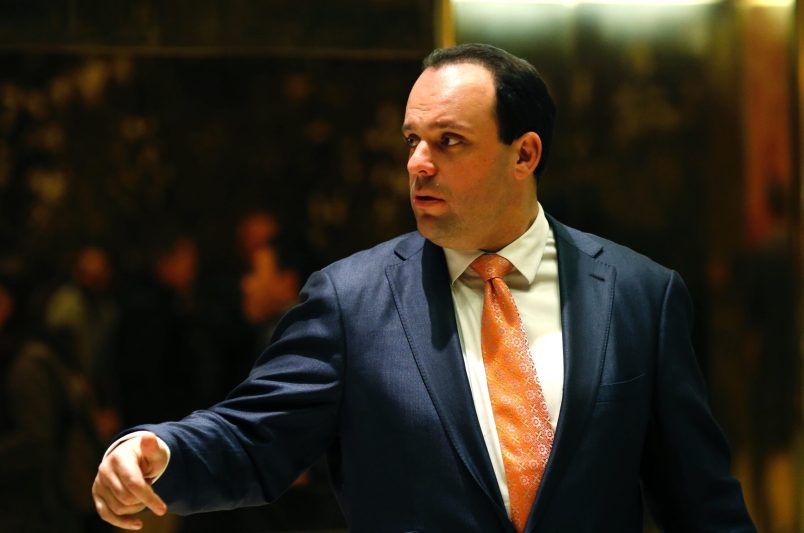(ed.note: As noted yesterday, Ivo Daalder will be one of the contributors to the national security and foreign policy blog at TPMCafe.com. As we build toward the launch of the new site, we’ll be bringing you occasional guest posts from Ivo and other contributors.)
Whatever happened to Bushâs âglobal war on terrorâ? For three years, the president didnât let an opportunity go by without repeating that we were in a global war against evil terrorists. But heâs gone strangely silent ever since his reelection last November. My Brookings intern, Jina Chung, examined the text of Bushâs speeches over the 12 months, as posted on the White House website to see how many times Bush referred to the âwar on terrorâ or some variant of the phrase in the six months since November 2 and how many times he did so in the six months prior the elections. Hereâs what she came up with: Before the elections, Bush mentioned the war on terror three times as often as after. In fact, he referred to it more often in the thirty days prior to the election (71 times) than in the six months since (66 times).
Why this sudden reluctance to talk about what for years was Bushâs signature foreign policy issue? Part of the reason, surely, is that the war on terror was central to Bushâs reelection effort. âWe can go to the country confidently on this issue,â Karl Rove told the GOP months after the September 11 attacks, âbecause Americans trust the Republican Party to do a better job of keeping our communities and families safe.â And there is no doubt that confidence in Bushâs ability to fight terrorists proved to be decisive in his defeat of John Kerry.
But I think something else, something more significant is going on â which is that Bush increasingly appears to think the war on terror has actually been won. Thatâs not as surprising as it sounds. For Bush, the invasions of Afghanistan was the first phase in the war on terror; Iraq has turned out to be the last. In Afghanistan, Bush maintains, the terrorist infrastructure was destroyed and Al Qaeda was severely disrupted. The terrorist network âhas been severely diminished,â Bushed argued in his prime time press conference Thursday night. âWe are slowly but surely dismantling that organization.â As for Iraq, remember that Bush called this the âcentral frontâ in the war on terror as far back as September 2003. With Januaryâs elections and the installation of a new Iraqi government just this week, Bush I think now feels that the terrorists are really on the run â and that he is the true victor in his war.
I am not saying that Bush is right in thinking this. Heâs, in fact, deeply mistaken. Terrorists have hardly been defeated and, if anything, the botched invasion of Iraq has done wonders for their cause. But what I am saying is that Bush appears to believe that the tide in the war has turned â that victory is not only likely, but is actually at hand.
And this helps explain another strange turn of events â the return, in recent months, of Bushâs pre-9/11 foreign policy. Before the terrorist attacks, Bushâs foreign policy consisted of worrying about great powers and rogue states â and abhorring involvement in nation-building and dealing with the worldâs great calamities as misguided forms of foreign policy as social work. The policy priorities emanating from the White House and Foggy Bottom today are little different. A key priority now is containing China through strengthened alliances with Japan and India, and support for Taiwan. That is what Condi Riceâs trip to Asia last month was all about. Another priority is preventing rogues like North Korea and Iran from threatening us and our allies with nuclear weapons. And rather than worrying about the nexus between tyrants, terrorists, and technologies of mass destruction weâre back to worrying about madmen and missiles (which, Bush reassured us on Thursday, missile defenses will take care of).
The only difference between Bushâs pre-9/11 foreign policy and now is his new rhetoric about freedom and liberty. But letâs not kid ourselves â rhetoric is one thing, actually following through is another. After Bush decided to walk hand-in-hand with the Crown Prince of Saudi Arabia last Monday, itâs surely no longer possible to take this rhetoric seriously anymore.






